Product Categories
Is a Poly Tarp the Same As a Vinyl Tarp?

Is a Poly Tarp the Same As a Vinyl Tarp?
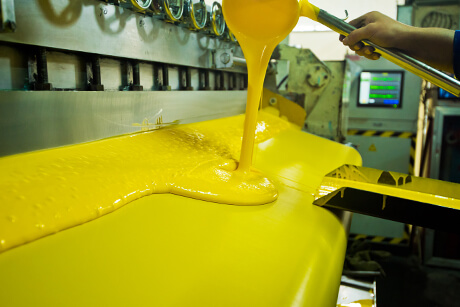
Poly tarp is a kind of tarp which is laminated by PE (polyethylene). It weights from 80g/sqm-300g/sqm. Vinyl tarp is made of PVC (polyvinyl chloride), and its manufacturing process can be divided into laminated and knife coated. The weight of a vinyl tarp would be from 300g/sqm to 1200g/sqm. The biggest difference between a poly tarp and a vinyl tarp is that poly tarp DOES NOT resist aging. It will age, discolor, crack, become brittle or powdery under the action of atmosphere, sunlight and oxygen. Therefore, poly tarp can be used outdoors for only 1 to 1.5 years when exposed to the natural environment. Vinyl tarp, on the other hand, is resistant to aging and can be used outdoors for 5-10 years or even longer.
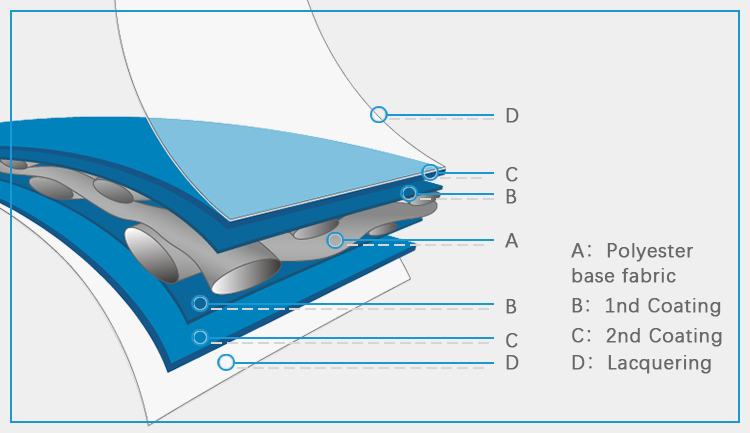
Poly tarp and vinyl tarp are priced differently depending on the gram weight and raw material. Generally speaking, vinyl tarp is a bit more expensive than poly tarp, but also has a better quality. Consumers can choose which tarp to apply according to their own needs.
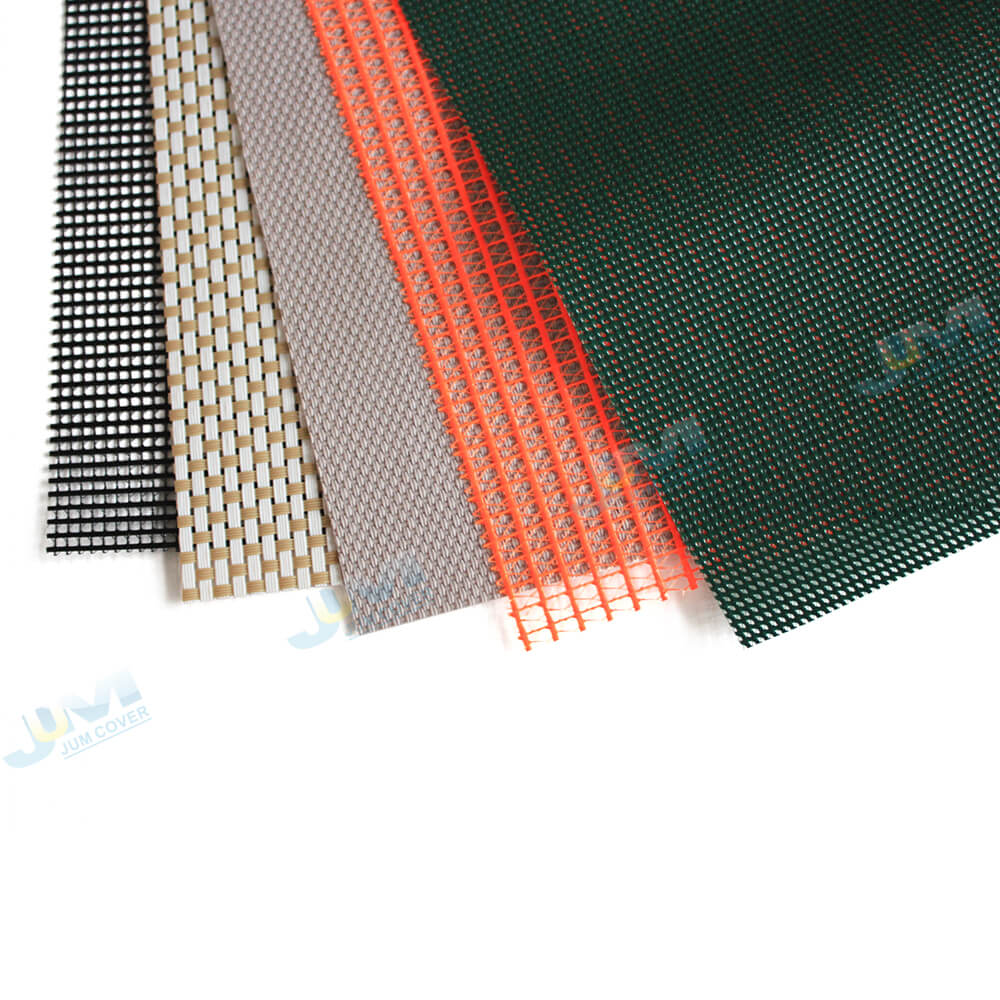
Mesh tarps allow sunlight, air, and moisture to pass through
The mesh tarp lets light and air through while keeping out UV rays. The polyethylene material creates a shield between plant life and the elements, protecting it from the harsh summer sun. In addition, mesh tarps can serve as privacy screens, allowing a person to keep their privacy. The benefits of mesh tarps are endless. To learn more, read about their many uses.
Because mesh tarps allow sunlight and air to pass through, they're lightweight and easy to store. However, they need to be cleaned regularly. If they get dirty or have been left outdoors, bacteria and other contaminants can grow. Use mild detergent to clean your mesh tarps. Never place them in the washing machine, though. Instead, hang them on a clothes line to dry.
Another great feature of mesh tarps is their UV protection. These tarps can withstand rain without deteriorating. Their arctic flexibility also makes them a great choice for winter-time use. They will protect against snow, ice, and mud. They can be used for many different purposes and are perfect for all outdoor activities. There are many different styles and types of mesh tarps on the market.
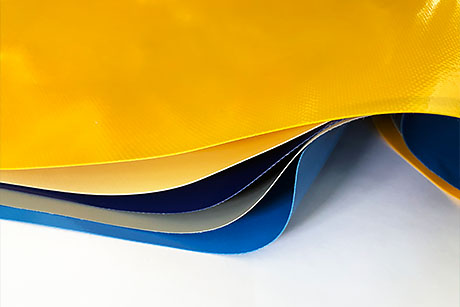
Poly tarps provide a decent level of protection compared to vinyl tarps
Although poly sleeve taffeta tarps are lightweight, they are far less durable than vinyl tarps. The primary difference between the two types of tarps lies in the coating. Vinyl tarps are made from a vinyl compound that provides excellent resistance to wear and tear. These tarps are especially durable for outdoor use, and they are also highly resistant to UV, flame, and corrosion.
There are several types of poly sleeve taffeta - a mesh material that allows moisture and air to pass through. These tarps also block UV rays, while vinyl only blocks 55% of them. In addition, mesh tarps feature grommets and double-stitched hems to prevent leaks. However, these tarps are not as strong as their vinyl counterparts and are often used for lightweight, portable uses.
The thickness of poly tarps can be determined in millimeters. A thin tarp is typically 8 millimeters thick, whereas a medium tarp is ten millimeters thick. In general, the thicker the tarp, the higher its quality. The denier, on the other hand, measures the linear density of fibers and is measured in grams per nine thousand meters. The higher the denier, the higher the quality of the fabric mesh.
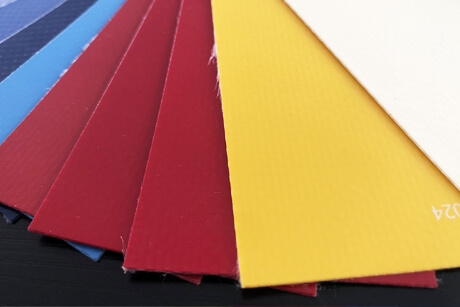
Polyester tarps don't harbor odors
Poly tarps are perfect for covering materials outdoors in the hot sun. They are water proof, acid-proof, and fire-retardant, and are engineered to withstand many years of use. They are lightweight and can be used in a variety of applications, from truck bed liners to outdoor storage. Listed below are some benefits of poly tarps:
Unlike other types of tarps, polyester tarps don't hold odors. This is a great benefit when it comes to outdoor storage. While many tarps can hold odors and musty smells, polyester tarps don't. Water-resistant polyethylene tarps are a great choice for agricultural purposes and construction sites. In addition, they don't harbor odors, unlike their cotton counterparts.
Canvas tarps are another popular option. They are water-repellent and provide great protection for outdoor items, but they can stain items covered in them. Only use them on items you can afford to stain, as the color of canvas tarps will fade after a while. Canvas tarps are also great for agricultural and construction uses. They can keep lumber, mulch, and other items dry.
You may also like
- light weight truck lumber tarp 24'x27' pvc vinyl waterproof 18oz heavy duty truck cover
- Hot Sale 18oz 610gsm Rip-stop PVC Coated Tarpaulin Vinyl Tarp Fabric flatbed truck lumber tarps
- Ultra Lightweight Airbag Parachute Lumber Tarp with 8 foot Drop
- PVC knife coating fabric raw material for truck cover-Navy blue
- PVC knife coating fabric - Oil Fence Tarpaulin
- 8' x 20' Crystal Glass Clear Transparent PVC Tarpaulin Vinyl Tarp
- 20' X 24' Export Lumber Tarp With 18 oz To USA
- 14 oz lightweight waterproof lumber tarp Waterproof Tarps For Flatbed Truck
- 16' X 28' (4' Drop & Flap) Super Lightweight Flatbed Trailer Lumber Tarp - 10 Oz. Black Tarp
- 20' x 7' Baby Grande Clear Vinyl Outdoor Shades - Fire Retardant Clear Vinyl
Others also viewed
- How to make pvc tarpaulin more durable? ---Chapter 1: How to use
- Everything you know about pvc tarpaulin
- Folding method of pvc vinyl tarps
- canopy room has many advantages
- Five methods of making pvc vinyl fabric
- How to make pvc tarpaulin more durable? ---Chapter 2: How to Storage
- Waterproof canvas detailed introduction
- What is tarpaulin fabric?
- How to buy Heavy Duty PVC Tarpaulins
- Commonly used tarp sizes